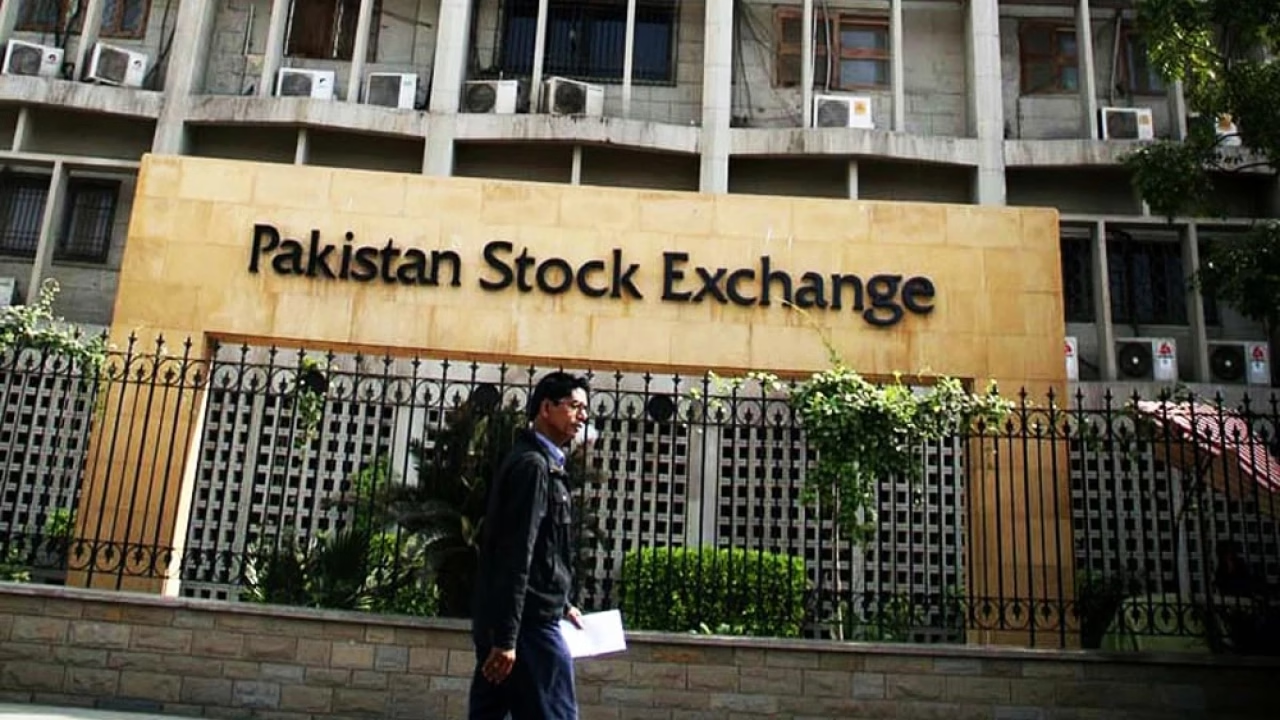Anglo-Swedish drugmaker AstraZeneca raised its full-year sales and profit forecast on Thursday, driven by strong demand for its cancer, rare disease, and heart disease medications. The company’s revenue for the second quarter exceeded analyst expectations, but shares fell as much as 4% due to higher expenses and slightly weaker-than-expected sales of cancer drugs.
AstraZeneca’s oncology division, the company’s largest business, reported a 19% increase in sales at constant currency rates, reaching $5.33 billion and representing 41% of the total revenue. The rare disease and heart and kidney disease segments also saw double-digit growth.
However, the second-quarter profit was impacted by increased expenses, and sales of key cancer drugs Enhertu and Imfinzi were somewhat below expectations. This led to a 2.4% decline in shares at 1000 GMT, following a 14% rise earlier in the year. On Thursday, AstraZeneca was among the worst performers in the European pharma sector, which overall declined by 0.14%.
In contrast, British rival GSK’s shares are up 4.1% this year, and Swiss drugmaker Roche has seen an 11% increase, while the STOXX 600 Index has gained 7%.
AstraZeneca now forecasts a mid-teens percentage increase in both revenue and core earnings per share for 2024, a revision from its previous low double-digit to low-teens percentage increase expectations.
The company’s market capitalization stands at £189.4 billion ($243.89 billion), making it the UK’s most valuable company. Under CEO Pascal Soriot, who has led the company for 12 years, AstraZeneca has transitioned significantly from its COVID-19 vaccine—its top-selling product during the pandemic—to a focus on cancer therapies and a robust pipeline of treatments in various disease areas.
Soriot highlighted the company’s progress with innovative technologies, which he believes will drive growth beyond 2030. At its investor day in May, AstraZeneca outlined an ambitious goal to increase revenue by 75% to $80 billion by 2030, supported by the anticipated launch of 20 new medicines and growth in its cancer, biopharmaceuticals, and rare disease portfolios.
The company is also investing in its pipeline and expanding its global presence. A new plant in Qingdao, China, is set to enhance AstraZeneca’s local supply chain for the Chinese market, which is its second largest globally.
Operating expenses for the quarter were up 14% to $6.74 billion. Total revenue increased 17% on a constant-currency basis to $12.94 billion, with core earnings per share at $1.98, aligning with analysts’ expectations. AstraZeneca has also increased its interim dividend by 7 cents to $1.



